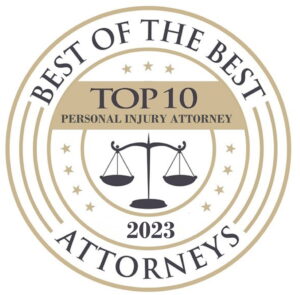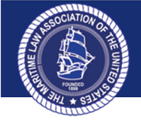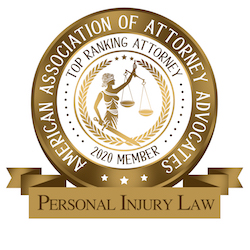Drowsy driving is a serious problem in the United States. According to the National Highway Traffic Safety Administration, 72,000 crashes were caused by drowsy driving in 2013, resulting in 44,000 injuries and 800 fatalities.
Accidents caused by drowsy driving are entirely preventable, which makes drivers who fall asleep behind the wheel guilty of negligence. If you or a loved one are injured by a drowsy driver, then you can file a personal injury lawsuit.
Falling asleep behind the wheel is also a problem for Louisianans. In 2016, the Kappa Sigma fraternity at the University of Louisiana at Lafayette subjected a pledge to “extreme sleep deprivation” during homecoming weekend. Michael Gallagher blamed this hazing for his falling asleep at the wheel and killing a pedestrian. He and his parents (as well as the family of the deceased engineering student) sued the fraternity. While this is an extraordinary example of drowsy driving, it does demonstrate the risk of driving when sleep deprived.
In March 2017, a sleeping driver struck several cars on Interstate 12 while traveling 80 miles per hour, according to the Baton Rouge Police Department. He then exited the interstate and hit several cars in a hospital parking lot where he was taken into custody.
In 2015, a New Orleans family was on its way to visit relatives in Mississippi when the driver fell asleep behind the wheel in Crystal Springs. According to the Mississippi Highway Patrol, the car drifted off the interstate, hit a tree and caught on fire. The two adults and two children in the car all died in the crash.
How Does Drowsiness Affect Your Driving?
Sleepy drivers have slower reaction times, according to the federal Centers for Disease Control and Prevention (CDC), which means they might not brake in time to avoid an accident.
Drowsiness makes it more difficult for drivers to think clearly. They have a harder time focusing on the road and making snap decisions. Those at risk of falling asleep behind the wheel include commercial truck drivers, night-shift workers and people taking certain medications. According to the CDC, you shouldn’t be behind the wheel if you are:
- Frequently yawning or blinking,
- Forgetting the past few miles of your drive,
- Missing your exit,
- Drifting into another lane, or
- Hitting the rumble strip on the side of the road.
Drowsy driving accidents are entirely preventable. Don’t get behind the wheel if you are sleep deprived. Other prevention tips from the CDC include:
- If you take medication that makes you sleepy, then don’t get behind the wheel.
- Alcohol can make you drowsy so don’t drink and drive, even if you are within the legal blood alcohol limit.
- Take breaks when traveling a long distance, especially if you drive for a living. Don’t try to power through.
- Take turns driving with other driving-age persons in the car.
- Don’t ever get behind the wheel if you’ve been awake for more than 24 hours.
Contact Us Today
Contact Patrick Yancey Law Firm today for a free consultation if you or a loved one have been injured by a driver who fell asleep behind the wheel. Our experienced attorneys will help you recover compensation for these injuries, including medical expenses and pain and suffering.









